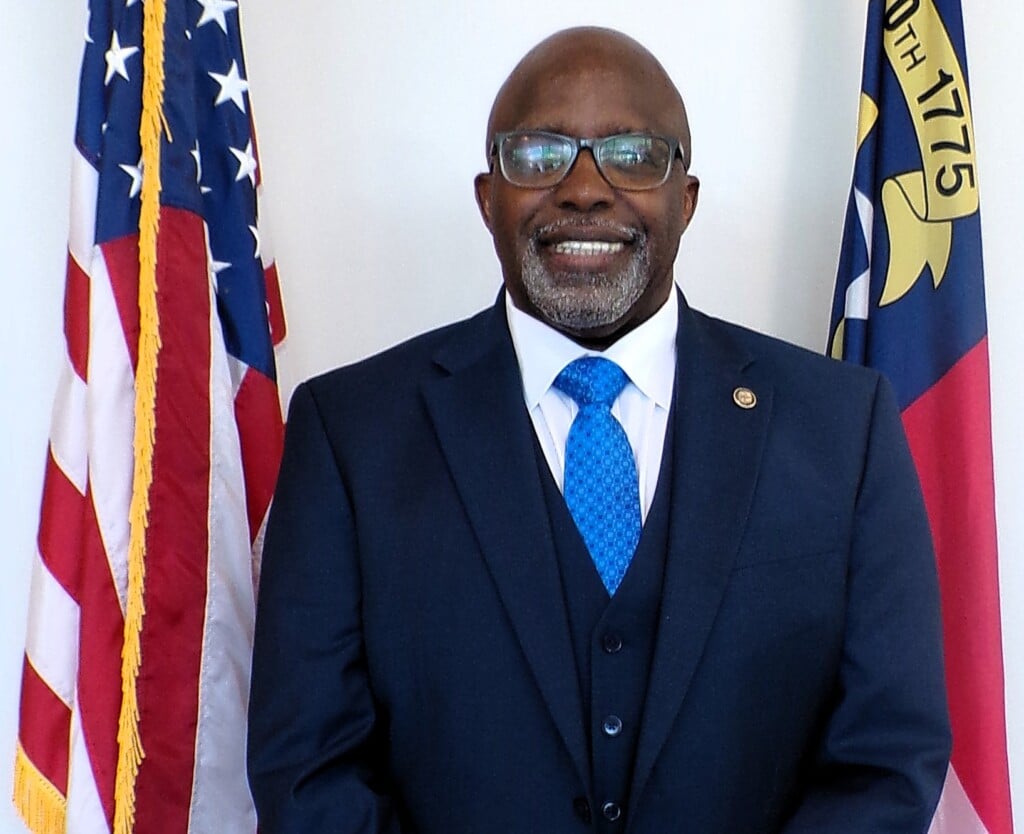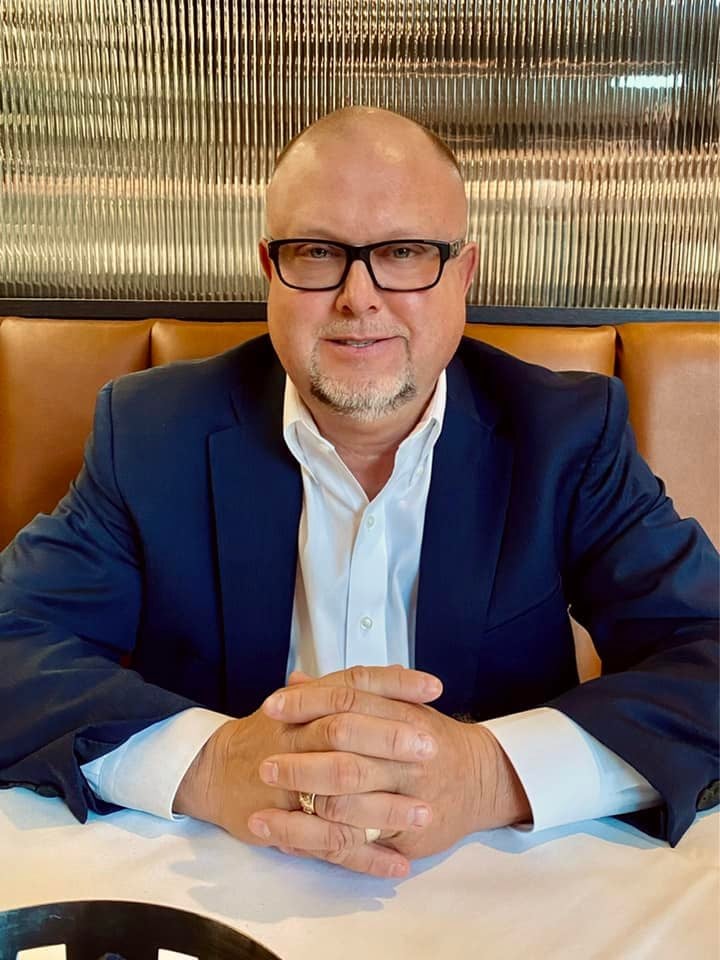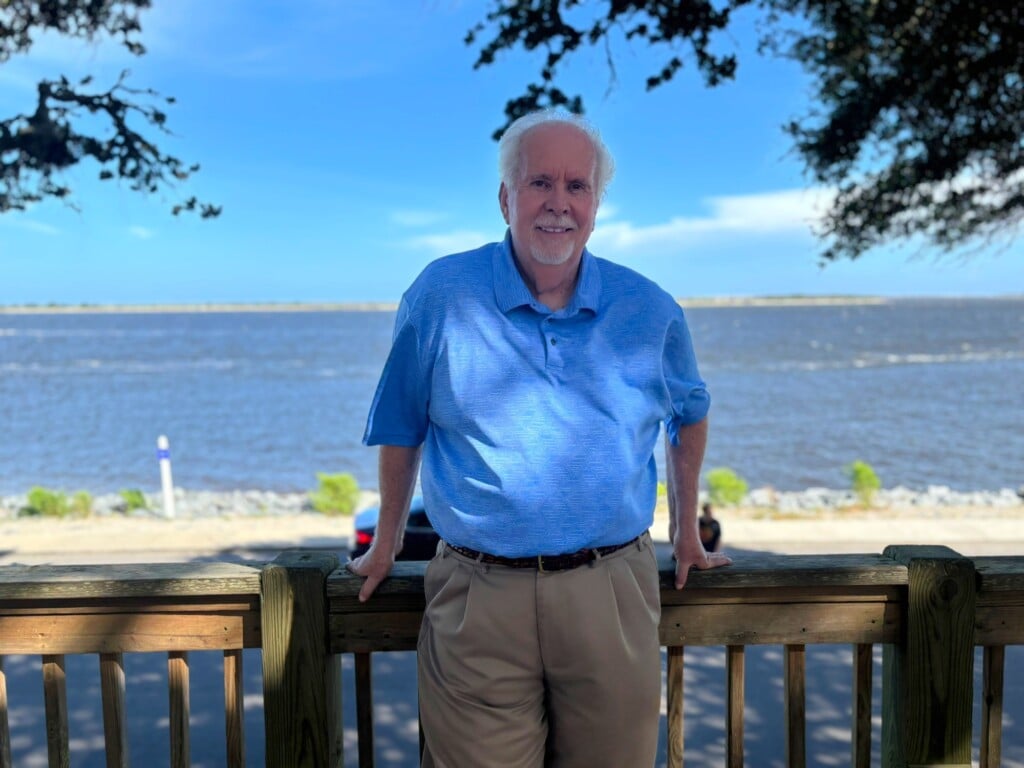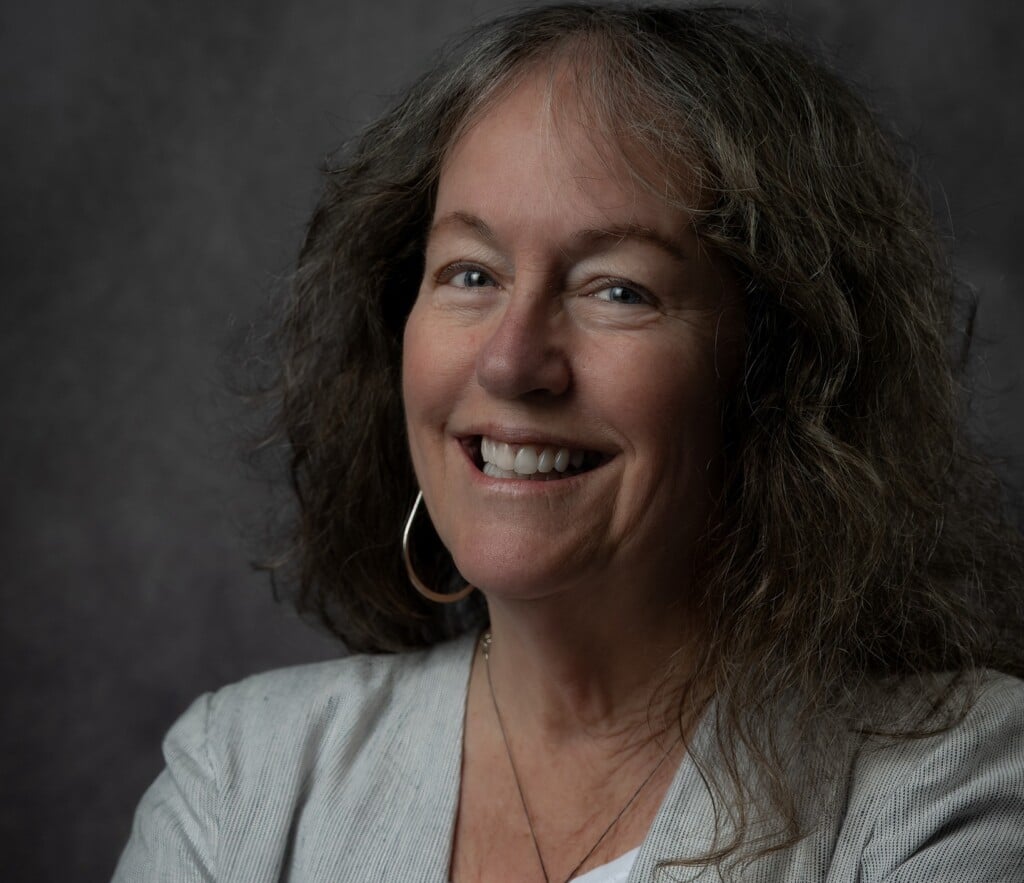Election 2025: Meet Wilmington City Council candidate JC Lyle
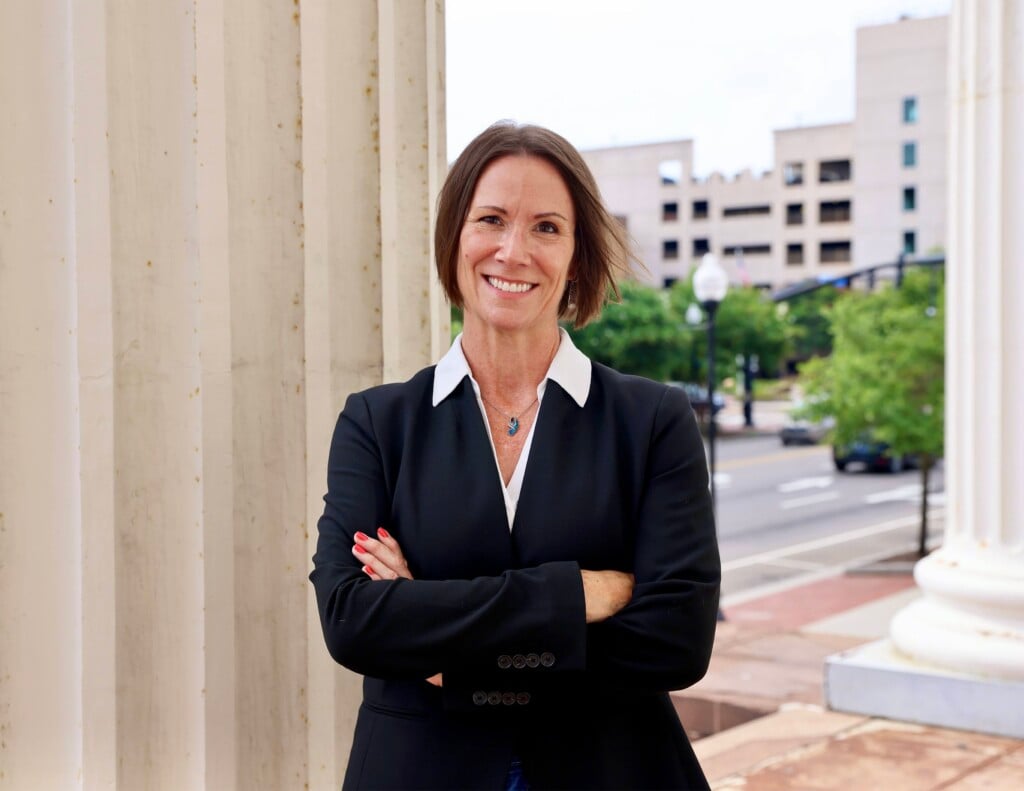
WILMINGTON, NC (WWAY) — The 2025 municipal election is underway, and Wilmington voters will soon decide who will serve as the city’s next mayor and council members.
To help voters learn more about where each candidate stands on key local issues, WWAY sent a questionnaire to all Wilmington City Council and mayoral candidates. The questions cover topics such as growth and development, public safety, housing, transportation, and transparency in government.
Not every candidate responded to our request. For those who did, we are publishing their responses in their entirety, to give voters a direct look at their priorities and perspectives before heading to the polls.
Personal & Background
1. Name
JC Lyle, MBA
2. Occupation / professional background
Nonprofit executive in housing sector.
In 2009, I became the first full-time CEO of WARM NC, a nonprofit home repair ministry. Our mission is more than repairing the faucet or replacing the roof; it is to increase generational wealth through homeownership retention.
During the 15 years I led WARM NC, we grew from repairing 44 homes per year with a handful of volunteers to a regional force for good, serving over 400 households in seven counties my last year there. After Hurricane Florence in 2018, our team helped establish disaster coalitions that are still active today connecting with FEMA and county government to mobilize community resources.
Currently, I work for Wesley Community Development Corp, a nonprofit that provides construction and real estate services to faith-based organizations and nonprofits. In some cases, we help remodel their space for efficiency and growth; in others we repurpose excess property to build housing for seniors, working families, and others the market has left behind.
3. Education
Master of Business Administration (MBA) from UNC Wilmington
4. How long have you lived in Wilmington?
I moved to Wilmington in 1996
5. Have you previously held elected office or served on boards/committees in the community?
This is my first time running for elected office. I’ve served in appointed positions including the Wilmington Planning Commission, the entity that makes land use recommendations to City Council and the North Carolina Housing Partnership, the board that oversees and allocates millions of public dollars to meet our state’s most urgent housing needs. I’ve served on many nonprofit boards and committees.
Motivation & Priorities
6. Why are you running for Wilmington City Council?
I’m running for City Council to continue my life’s purpose of making housing more stable and affordable while addressing the negative impacts of development. I don’t want to stop growth, I want to fix what is broken to ensure responsible growth that protects what makes Wilmington special.
I’m running to strengthen the public’s trust in government through fairness and transparency in our decisions. In the nonprofit sector, accountability was the only way.
I’ve had great opportunities to serve and lead Wilmington. I know where the pain points are and am dedicated to finding commonsense solutions.
7. What do you believe is the biggest challenge facing Wilmington right now?
Our City is attracting residents faster than we can handle. We’ve allowed an increase in supply of housing to help mitigate the skyrocketing rental rates. It is time to refocus on the negative impacts that growth has on traffic and the environment. My leadership experience in housing, land use, and public policy has prepared me to hit the ground running to address these issues head on.
8. What will be your top three priorities?
Housing Stability & Affordability: Housing is the foundation for everything else in life. As I’ve done my whole career, I will bring together different perspectives to lead our community toward a better future, where we can all find and remain in a safe, affordable home. This involves regulatory changes as well as investments in City housing programs.
Community Development: Public safety, access to basic services, and economic opportunity are keys to building a community we can all be proud of and enjoy. I will work across political divides to find common sense solutions that support these critical components of our quality of life.
Green Infrastructure: Our unique coastal natural resources enrich our community. I will preserve our trees and green space for stormwater management, public health, and -of course- recreation! The public has spoken loudly on this issue for years and the City needs to increase our efforts to secure green space before it’s gone.
City Issues
9. How should Wilmington address growth and development while preserving the character of existing neighborhoods?
This is exactly why I’m running! We must get creative; and it takes leaders with the right technical knowledge to design strategies that will work. We can add housing without building apartment buildings on every corner by encouraging duplexes and townhouses where appropriate. We can make it more cost effective to redevelop rundown commercial centers and large parking lots; when I was on Planning Commission we revised the stormwater codes to help with that and there’s more we can do to incentivize redevelopment of existing impervious areas. We can create a Land Bank for Traditionally Black Neighborhoods that would give property owners an alternative to selling to investors. We can increase our efforts to train current residents for jobs in sectors that are growing here; 2 out of every 3 new jobs goes to someone moving here and I’d like locals to be more competitive for those jobs. Small area plans created by the residents of smaller communities and approved by City Council are taken seriously when making changes in land use.
10. What is your position on affordable housing and how would you approach the issue?
I’ve been working on housing affordability my entire career. The most efficient way to address the housing crisis is to preserve what is already working. At WARM NC, we repaired homes for thousands of low-income homeowners, helping them stay in the homes they bought themselves. Homeownership is the most common way families escape poverty.
Regarding rentals, over the next decade more than 9,000 housing units in our community will reach the end of their affordability period, meaning they can be rented at market rates because their subsidized loans will be paid in full. We need to be proactive in finding ways to keep their rents low, such as offering below-market loans for rehabilitation/remodeling that restricts their rental rates.
One of the most powerful solutions is creating a Housing Trust Fund designed to address our City’s unique housing needs. It can leverage private investment to preserve and create opportunities for seniors, Veterans, victims of human trafficking, and working families.
11. Public safety: What steps would you support to strengthen community policing, fire services, and emergency response?
Before the City can serve its residents, we are first and foremost an employer. City Council members are responsible for ensuring competitive compensation and a healthy organizational culture. The high number of vacancies and low retention rates are indicators that more can be done to attract and retain talented and dedicated emergency response personnel.
While some violent crime has been reduced the past few years, problem areas continue to be domestic violence and sexual assault, which both saw an increase from 2023 to 2024. City Council should do all we can to strengthen WPD’s partnerships with mental health services and the nonprofit programs that focus on prevention and support of survivors. Additionally, the majority of victims of domestic violence and sexual assault are women. City Council can lead the community and the WPD by living out – and insisting on – a culture that values and supports female victims.
12. What role should the city play in addressing homelessness?
City Council made a great decision to increase investments in programs that have long-term success addressing chronic homelessness including day shelters, supportive housing, mental health services. They are overwhelmed right now and more than 100 beds short of what is needed every night. Strengthening these programs will ultimately save money in community resources.
Additionally, we need to go “upstream” to identify families and individuals in jeopardy of losing their housing. In 2024, 79% of the unhoused were experiencing homelessness for the first time. Paying a few months rent, offering free home repair, or providing foreclosure prevention is an investment to keep people out of the costly homelessness system.
13. What are your views on transportation and infrastructure needs, including traffic congestion and public transit?
The most important strategy to improve traffic congestion is to advocate for improvements to major roads owned by NCDOT. The most congested roads are owned by NCDOT (eg, College, Oleander, Shipyard, Market, anything with a route number), so the City has limited control. We can use our influence and relationships to advocate for more landscaped medians, turn lanes, widenings, and intersection improvements where they will make the most impact.
The second is to complete 2014 Transportation Bond projects. (Yes, 2014!) Bond projects include improvements to Wrightsville Ave, Greenville Loop, Dawson/Wooster, Masonboro Loop, Kerr Ave, and Eastwood.
The third is to house people near services. This reduces how long people are on the road, mitigating traffic. Also, it’s easier (and safer!) to walk or ride your bike. Mixed-use developments are a responsible use of real estate, as parking can be shared and more homes and services can be provided in a smaller building footprint.
Leadership & Transparency
14. How will you ensure transparency and accountability in city government?
For 15 years, I led a nonprofit organization; transparency and accountability are built into the DNA of nonprofits because we administer public and private funds for specific social purposes. Trust in our City government are damaged by deals done behind closed doors. We need to be upfront about the reasons behind our decisions, ensure everyone is playing by the same rules, and every dollar is going where it’s promised.
15. If elected, how will you work with other council members who may not share your views?
I’ve spent my entire career working with people from all over the political spectrum to address important social issues. My keys to success include focusing on the problem at hand instead of letting the conversation/negotiation drift into ideology or past disagreements. I also talk to people in their own language – find out what is meaningful to them about the issue to determine where we can meet in the middle. Wilmington residents have various backgrounds, values, and political beliefs and that diversity makes us stronger. It would be an honor to represent all of them.
Final Thoughts
16. What makes you the best candidate to serve on Wilmington City Council?
My leadership experience in affordable housing, land use, public service, and disaster recovery has prepared me to tackle the City’s most pressing issues: maintaining our quality of life as we grow, making housing attainable for working families, and ensuring fairness and accountability in City systems.
My career and appointed positions have given me the tools to effectively manage public dollars, build consensus in diverse groups, and find the best possible outcomes for Wilmingtonians.
When I was considering running for City Council, I realized I have been training for this role for decades. I will bring my relationships, problem-solving skills, deep understanding of the issues, and heart for service to the role of City Council member.

